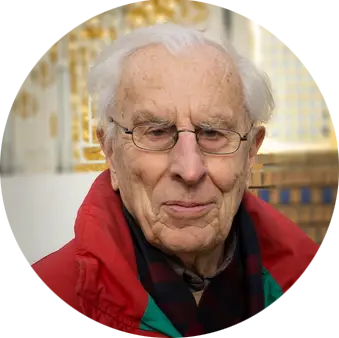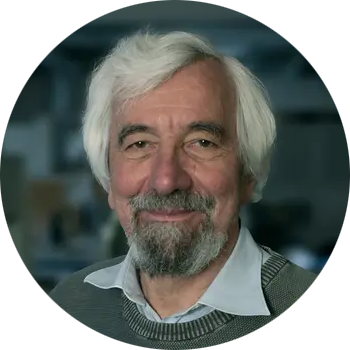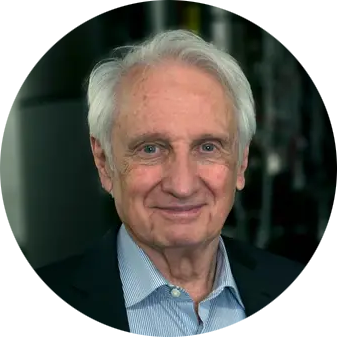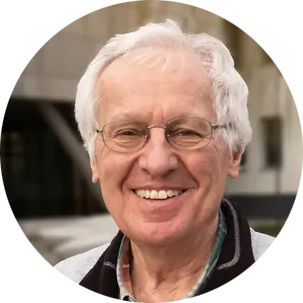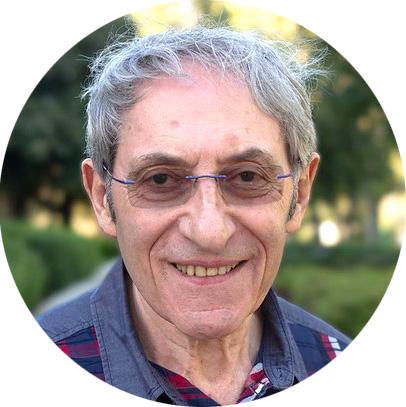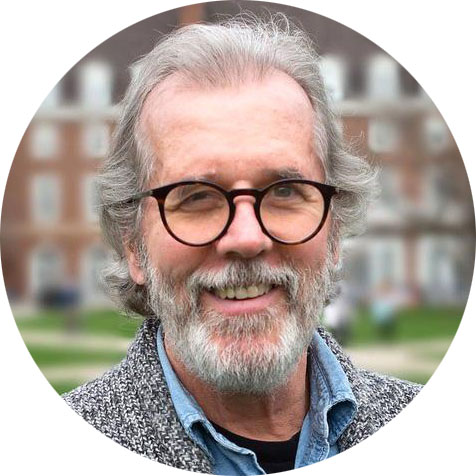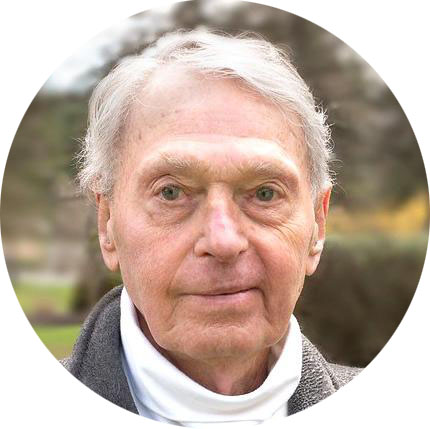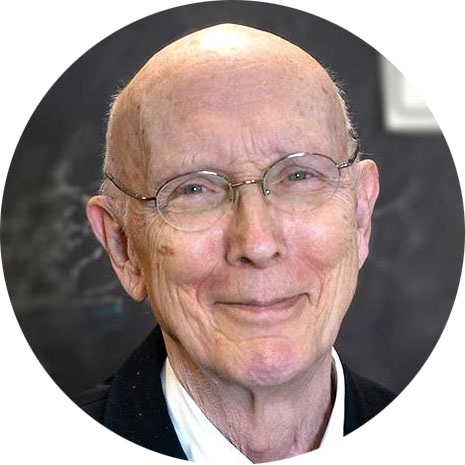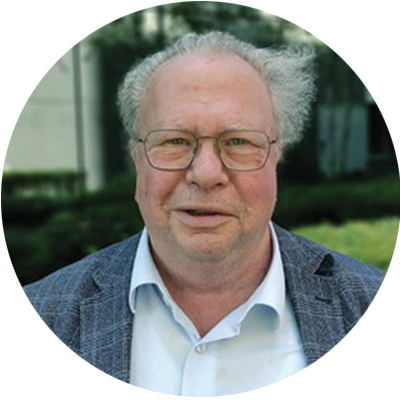Kavli Prize Week
The Kavli Prize is a partnership between The Norwegian Academy of Science and Letters, The Kavli Foundation (US) and The Norwegian Ministry of Education and Research.
The Kavli Prize honors scientists for breakthroughs in astrophysics, nanoscience and neuroscience – transforming our understanding of the big, the small and the complex. The prize consists of USD 1,000,000 in each of the scientific fields and is awarded every second year by The Norwegian Academy of Science and Letters at a ceremony in Oslo, Norway.
After the Kavli Prize ceremony and lectures in Oslo, a number of the laureates in Nanoscience and Neuroscience travel to Trondheim and NTNU to give official prize lectures and participate in the Kavli Prize Events.
Tuesday 6 September 2022
NTNU Kveld: Presentation of the Kavli Prizes awarded in Neuroscience 2020 and 2022
- Time: 19:00-21:00
- Place: Dokkhuset, Trondheim
2020: The discovery of receptors for temperature and pressure, by Jonathan Whitlock
2022: Pioneering the discovery of genes underlying a range of serious brain disorders, by Maryam Ziaei
Wednesday 7 September 2022
NTNU Kveld: Presentation of the Kavli Prizes awarded in Nanoscience 2020 and 2022
- Time:19:00–21:00
- Place: Dokkhuset, Trondheim
2020: Transmission Electron Microscopy, by Randi Holmestad and Emil Frang Christiansen
2022: Self Assembly of Monolayers on Solid Surfaces, by Kristofer Gunnar Paso
Thursday 8 September 2022
Meet the Kavli Prize Laureates 2020 and 2022
A conversation with the Kavli Prize Nanoscience and Neuroscience Laureates
- Time: 10:00–11:30 Nanoscience Laureates
- Time: 12:30–14:00 Neuroscience Laureates
- Place: Auditorium R1 in The Natural Science Building, Campus Gløshaugen, NTNU
Friday 9 September 2022
Kavli Prize Nanoscience Symposium 2022
The Kavli Laureates of 2020 and 2022 present their prize awarded research
Go to the programme: Kavli Prize Nanoscience Symposium
- Time: Friday 9 September 2022
- Place: Lecture Hall R5 in The Natural Science Building, Campus Gløshaugen, NTNU
The Kavli Laureates in Nanoscience 2020
Awarded for sub-ångström resolution imaging and chemical analysis using electron beams.
The Kavli Laureates in Nanoscience 2022
Awarded for self-assembled monolayers (SAMs) on solid substrates: molecular coatings to control surface properties
Friday 9 September 2022
Kavli Prize Neuroscience Symposium 2022
The Kavli Laureates of 2020 and 2022 present their prize-winning research
Go to the programme: Kavli Prize Neuroscience Symposium
- Time: Friday 9 September 2022
- Place: Auditorium MTA at The Kavli Institute for Systems Neuroscience, The Fred Kavli Building (MTFS), Campus Øya, NTNU
The Kavli Laureates in Neuroscience 2020
Awarded for their transformative discovery of receptors for temperature and pressure.
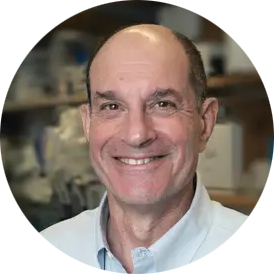
David Julius
University of California, San Francisco, USA
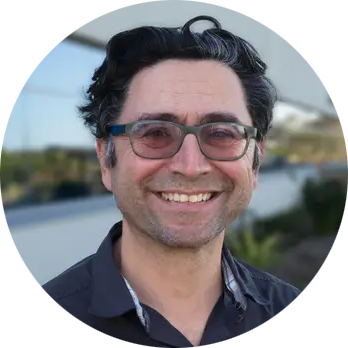
Ardem Patapoutian
Scripps Research and Howard Hughes Medical Investigator, Lebanon and USA
The Kavli Laureates in Neuroscience 2022
Awarded for pioneering the discovery of genes underlying a range of serious brain disorders.

Christopher A. Walsh
Howard Hughes Medical Institute, Harvard Medical School, Boston Children's Hospital
USA

Huda Y. Zoghbi
Howard Hughes Medical Institute, Baylor College of Medicine, Texas Children's School
USA and Lebanon
Previous Kavli Prize Laureates in Nanoscience and Neuroscience


2018 Kavli Prize in Nanoscience
The Kavli Laureates
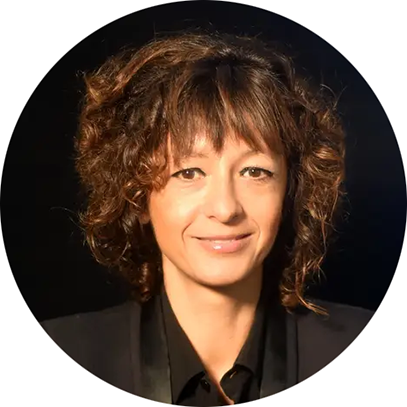
Emmanuelle M. Charpentier has been awarded The Kavli Prize in the field of Nanoscience.
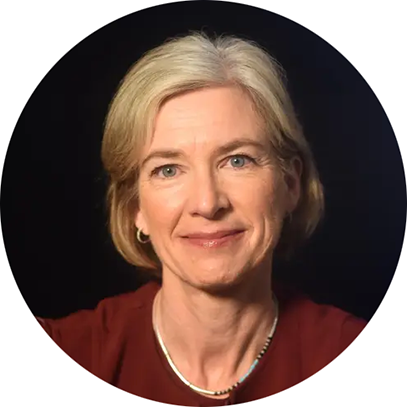
Jennifer A. Doudna has been awarded The Kavli Prize in the field of Nanoscience.
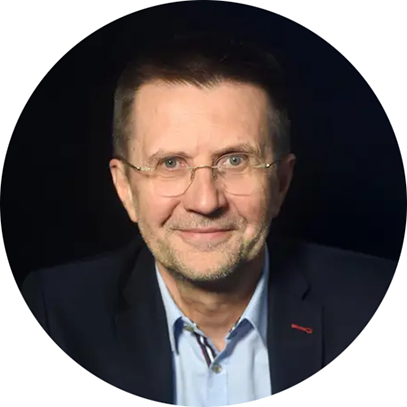
Virginijus Šikšnys has been awarded The Kavli Prize in the field of Nanoscience.
2018 Kavli Prize in Neuroscience
The Kavli Laureates
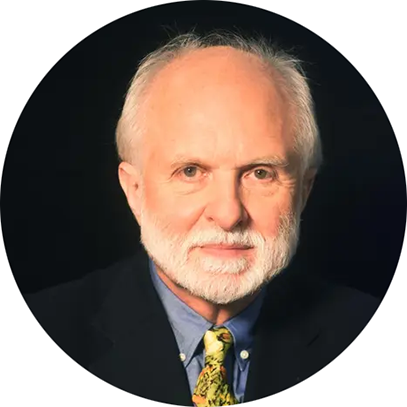
A. James Hudspeth has been awarded The Kavli Prize in the field of Neuroscience.
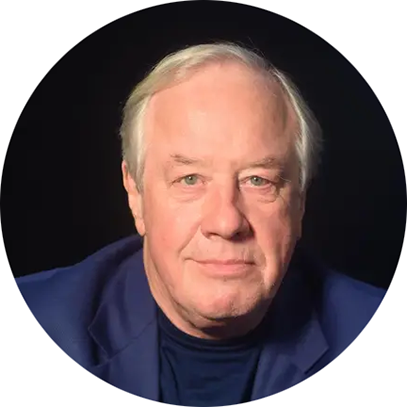
Robert Fettiplace has been awarded The Kavli Prize in the field of Neuroscience.
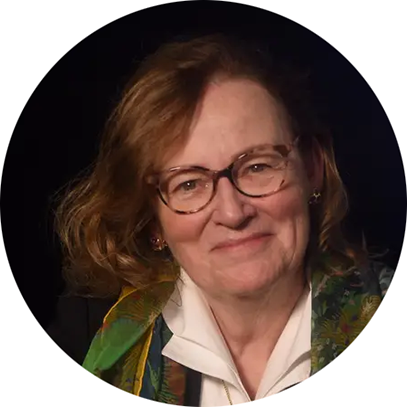
Christine Petit has been awarded The Kavli Prize in the field of Neuroscience.
Photo credit: Peter Bagde/Kavli Prize
Programme for the Kavli Prize Events at NTNU
Thursday, 6 September 2018
09:00-12:00: The Kavli Prize, Laureate Lectures 2018
Auditorium R1 in The Natural Science Building at Gløshaugen.
09:00: Photo session
09:45: Pro-Rector Bjarne Foss, Welcome
9:50: Ole M. Sejersted, President of The Norwegian Academy of Science and Letters, Greetings from the Norwegian Academy of Science and Letters
9:55: Chair of the Kavli Prize Committee in Nanoscience, Arne Brataas , Introduction of the Nanoscience prize winner, Emmanuelle M. Charpentier, Max Planck Institute, Berlin, Germany
10:00: Nanoscience prize lecture: Emmanuelle M. Charpentier, CRISPR-Cas9: a transformative genome engineering technology originating from a bacterial immune system
10:15: Chair of the Kavli Prize Committee in Nanoscience, Arne Brataas, Introduction of the Nanoscience prize winner, Jennifer A. Doudna
10:20: Nanoscience prize lecture: Jennifer A. Doudna, CRISPR Biology Guides the Future of Genome Editing
10:35: Chair of the Kavli Prize Committee in Nanoscience, Arne Brataas, Introduction of Nanoscience prize winner, Virginijus Šikšnys, Vilnius University, Vilnius, Lithuania
10:40: Nanoscience prize lecture: Virginijus Šikšnys, From antiviral defense towards genome editing
10:55: Scientific director at the Kavli Institute, NTNU, Edvard Moser, Introduction of the Neuroscience prize winner, James Hudspeth, The Rockefeller University, New York, USA
11:00: Neuroscience prize lecture: James Hudspeth, How hearing happens: the ear's biological hearing aid
11:15: Professor Edvard Moser, Introduction of the Neuroscience prize winner, Robert Fettiplace, The University of Wisconsin-Madison, USA
11:20: Neuroscience prize lecture: Robert Fettiplace, The twin roles of auditory hair cells in hearing
11:35: Professor Edvard Moser, Introducion of the Neuroscience prize winner, Christine Petit, Institut Pasteur and Collège de France, Paris, France
11:40: Neuroscience prize lecture: Christine Petit, Understanding hearing mechanisms based on genetic readout from disorders
11:55: Concluding remarks by Pro-Rector Bjarne Foss
13:30-16:30: Kavli Prize Symposium for Neuroscience
Auditorium MTA, in The Medical - Technical Research Centre (MTFS), Campus Øya
13:30: Christian Doeller, Opening remarks
13:35: Christine Petit, The hidden face of hereditary deafness: an emerging genetic roadmap for the central auditory system?
14:15: Coffee break
14:30: A. James Hudspeth, Making an effort to listen: mechanical amplification by ion channels and myosin molecules in hair cells of the inner ear
15:10: Coffee break
15:30: Robert Fettiplace, The contribution of transmembrane channel-like protein (TMC1) to mechano-electrical transduction in cochlear hair cells
16:10: Round-up discussion and end of symposium
13:30-16:30: Kavli Prize Symposium on Nanoscience
Auditorium R7, Natural Sciences Building, Gløshaugen
13:30: Øyvind Gregersen, Opening Remarks
13:40: Albert Fert, Physics of condensed matter and topology: magnetic skyrmions, topological phases of matter and applications
14:30: Chris Palmstrøm, Epitaxy by Design: Epitaxial Growth of Dissimilar Materials
15:00: Coffee Break
15:20: Kristina Edström, Batteries for a Better Environment
15:50: Albert van den Berg, Labs, Cells and Organs on chip
16:20: John De Mello, Closing Remarks
2016 Kavli Prize in Nanoscience
The Kavli Laureates
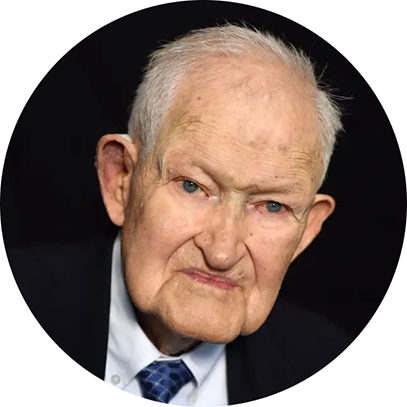
Calvin Quate has been awarded The Kavli Prize in the field of Nanoscience.
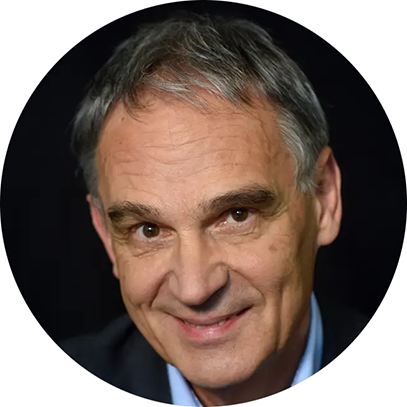
Gerd Binnig has been awarded The Kavli Prize in the field of Nanoscience.
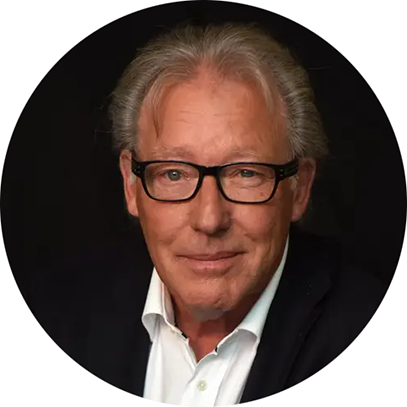
Christoph Gerber has been awarded The Kavli Prize in the field of Nanoscience.
2016 Kavli Prize in Neuroscience
The Kavli Laureates
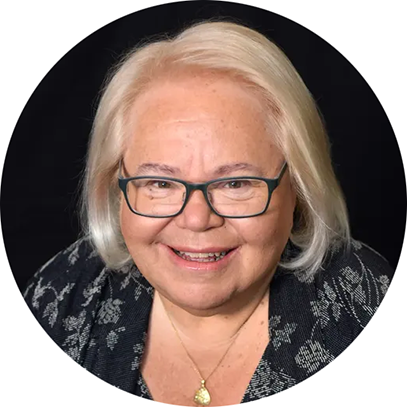
Eve Marder has been awarded The Kavli Prize in the field of Neuroscience.
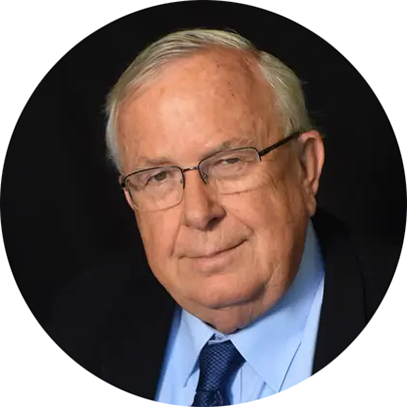
Michael M. Merzenich has been awarded The Kavli Prize in the field of Neuroscience.
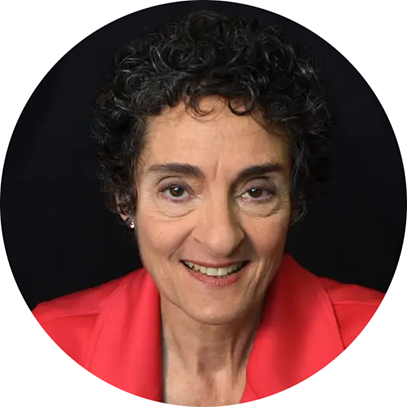
Carla J. Shatz has been awarded The Kavli Prize in the field of Neuroscience.
Photo credit: Peter Bagde/Kavli Prize
Programme for the Kavli Prize Events at NTNU
Thursday 8 September 2016
09.45–12.00 The Kavli Prize Laureate Lectures
09:45 Rector Gunnar Bovim, Welcome
President of The Norwegian Academy of Science and Letters Ole M. Sejerstad, Greetings From the Norwegian Academy of Science and Letters
Nanoscience Prize Winner Calvin Quate, Short Statement Given on Behalf of Calvin Quate by Chair of the Kavli Prize Committee in Nanoscience, Arne Brataas
Nanoscience Prize Winner Gerd Binnig, Atomic Force Microscopy for Nano-Medicine and in General for Nanotechnology
Nanoscience Prize Winner Christoph Gerber, The Impact of AFM on a Global Scale
Neuroscience Prize Winner Eve Marder, The Neuroscience of Animal Variability and Robust Behaviour in the Face of Environmental Challenge
Neroscience Prize Winner Michael M. Merzenich, Brain Plasticity-Based Therapeutics
Neuroscience Prize Winner Carla J. Shatz, New Synapses in Old Brains?
11:45, Rector Gunnar Bovim, Concluding Remarks
Download The Kavli Prize Laureate Lectures (pdf)
The Kavli Prize Laureate Lectures event on Facebook
14.00–17.00 The Kavli Prize Symposia in Nanoscience
14:00, Anne Borg, Opening Remarks
14:10, Shuji Nakamura, The Invention of Blue LED and Future Solid State Lighting
15:00, Stacey Bent, Layer-by-Layer Synthesis of Nanomaterials for Energy Applications
15:30, Coffee Break
15:50, Krijn de Jong, Nanoscale Effects in Catalysis for More Sustainable Production of Fuels and Chemicals
16:25, Dimos Poulikakos, How to Arrest, Interrogate and Transport Viruses in Liquids, One at a Time
16:55, Erik Wahlström, Closing Remarks
Download The Kavli Prize Symposia in Nanoscience and Neuroscience (pdf)
14.00–17.00 The Kavli Prize Symposia in Neuroscience
14:00, Emre Yaksi, Opening Remars
14:05, Vivek Jayaraman, Dissecting the Workings of a Neural Compass
14:50, Leslie Vosshall, Building a Mosquito Sensory System to Hunt Humans
15:35, Coffee Break
16:00, Botond Roska, The First Steps in Vision: Cell Types, Circuits and Repair
16:45, Round-up Discussions
2014 Kavli Prize in Nanoscience
The Kavli Laureates

Sir John B. Pendry has been awarded The Kavli Prize in the field of Nanooscience.
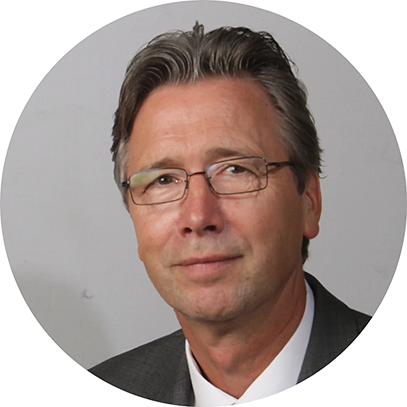
Thomas W. Ebbesen has been awarded The Kavli Prize in the field of Nanoscience.
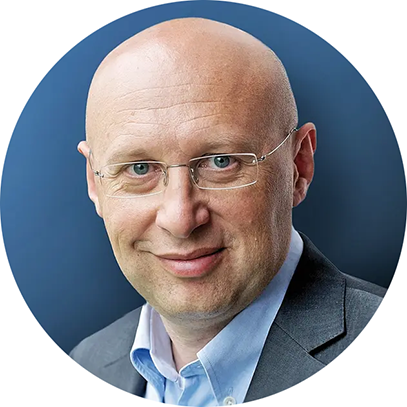
Stefan W. Hell has been awarded The Kavli Prize in the field of Nanooscience.
2014 Kavli Prize in Neuroscience
The Kavli Laureates
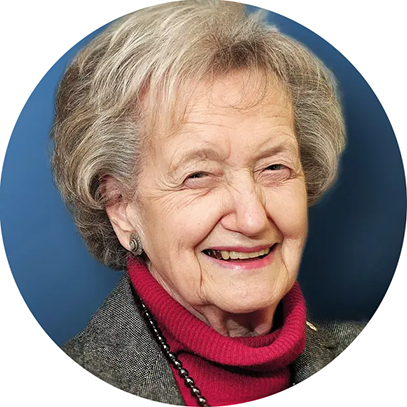
Brenda Milner has been awarded The Kavli Prize in the field of Neuroscience.
Photo credit: Owen Egan/McGill, University
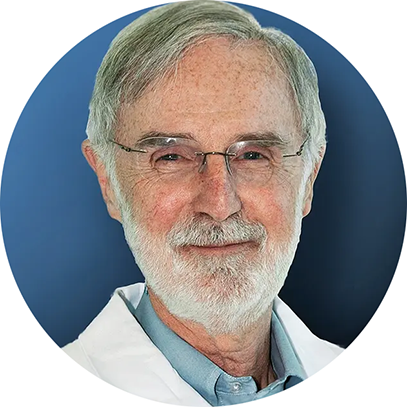
Marcus E. Raichle has been awarded The Kavli Prize in the field of Neuroscience.
Photo credit: Washington University School of Medicine in St. Louis
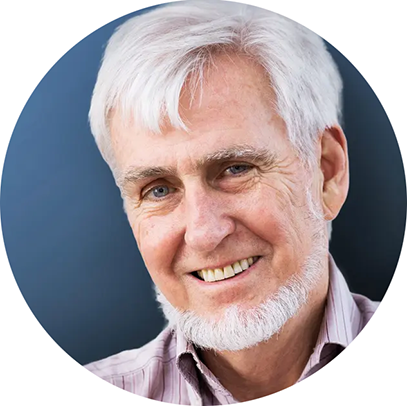
John O'Keefe has been awarded The Kavli Prize in the field of Neuroscience.
Photo credit: David Bishop, UCL
Programme at NTNU
Wednesday 10 September
16:00 MTFS, meeting room 5th floor at Campus Øya
Marty Saggese: SfN: Creating Compelling Value for Members… and How This Relates to Roald Amundsen?
18:30 Kavli Popular Lecture
The Students Society Building (Studentersamfundet)
Stanislas Dehaene:
The matter of education: Literacy, numeracy and the developing brain
Thursday 11 September
0915–1200 Kavli Prize Laureate Lectures
Auditorium R1, Natural Sciences Building (Realfagbygget), Gløshaugen
9:15 Welcome remarks – Rector Gunnar Bovim, NTNU
9:20 Greetings from the Norwegian Academy of Science and Letters – Nils Christian Stenseth, President of The Norwegian Academy of Science and Letters
9:25 Chair of the Kavli Prize Committee in Nanoscience, Arne Brataas, introduces the Nanoscience prize winner, Thomas W. Ebbesen
9:30 Nanoscience prize lecture: Thomas Ebbesen: Small things – Big consequences
9:45 Chair of the Kavli Prize Committee in Nanoscience, Arne Brataas, introduces the Nanoscience prize winner, Stefan W. Hell
9:50 Nanoscience prize lecture: Stefan W. Hell: Optical microscopy: the resolution revolution
10:05 Chair of the Kavli Prize Committee in Nanoscience, Arne Brataas, introduces the Nanoscience prize winner, Sir John Pendry
10:10 Nanoscience prize lecture: Sir John Pendry: The science of invisibility
10:25 Member of the Kavli Prize Committee in Neuroscience, Stanislas Dehaene, introduces the Neuroscience prize winner, Brenda Milner
10:30 Neuroscience prize lecture: Brenda Milner: Memory: Looking Back and Looking Forward
10:45 Member of the Kavli Prize Committee in Neuroscience, Stanislas Dehaene, introduces the Neuroscience prize winner, John O'Keefe
10:50 Neuroscience prize lecture: John O'Keefe: Spatial Cells in the Hippocampal Formation
11:05 Member of the Kavli Prize Committee in Neuroscience, Stanislas Dehaene, introduces the Neuroscience prize winner, Marcus E. Raichle
11:10 Neuroscience prize lecture: Marcus E. Raichle: The Brain's Dark Energy
11:25 Concluding remarks by Rector Gunnar Bovim
Kavli Prize Symposium in Nanoscience
Auditorium R2, Natural Sciences Building, Gløshaugen
14:00 Anne Borg, Opening of the Kavli Nanoscience Symposium
14:10 Andre Geim: Van der Waals heterostructures: Assembling designer materials from isolated atomic planes
15:00 Bo Brummerstedt Iversen: Watching nanoparticles form
15:30 Break
15:50 Molly Stevens: Designing nanomaterials for biosensing and regenerative medicine
16:25 Ke Lu: Anisotropic nanostructures in materials
Kavli Prize Symposium in Neuroscience
Auditorium KBA in Women- and Childrens Centre
14:00 Haim Sompolinsky: Computational Perspectives on Neural Representations
14:30 Doris Tsao: Mapping object representations
15:00 Nachum Ulanovsky: Neural codes for 2-D and 3-D space in the hippocampal formation of bats
15:30 Break
15:45 Eric Knudsen: Brain Maps Controlling Attention
16:15 Dennis O'Leary: Cortical maps: Regulation of area patterning
16:45 End of symposium
2012 Kavli Prize in Nanoscience
The Kavli Laureate
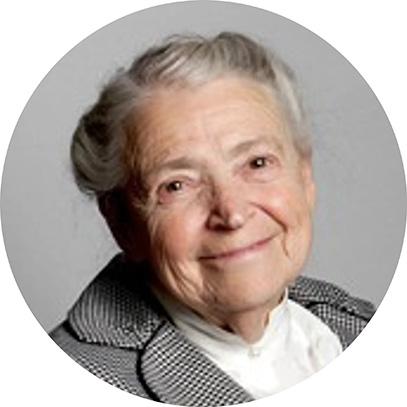
Mildred S. Dresselhaus has been awarded the Kavli Prize in the field of Nanoscience.
2012 Kavli Prize in Neuroscience
The Kavli Laureates
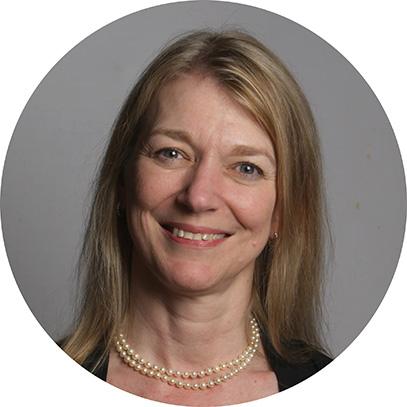
Cornelia Bargmann has been awarded the Kavli Prize in the field of Neuroscience.
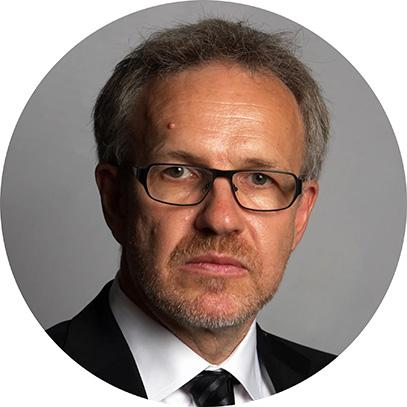
Winfried Denk has been awarded the Kavli Prize in the field of Neuroscience.
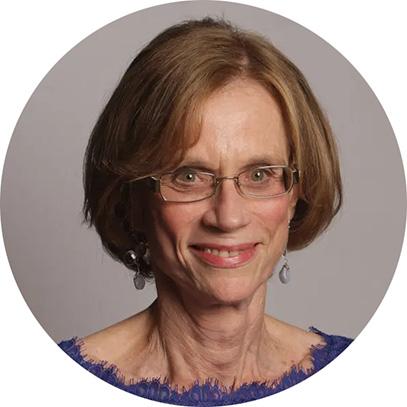
Ann Martin Graybiel has been awarded the Kavli Prize in the field of Neuroscience.
Photo credit: Knut Falch/Kavli Prize
Programme at NTNU
Wednesday 5 September
18:30–19:30 The Students Society Building (Studentersamfundet)
Public lecture – free:
Richard Morris, D. Phil, the University of Edinburgh:
The making, keeping and losing of memory
Thursday 6 September
10:00–12:00 The Kavli Prize Lectures
NTNU, Gløshaugen, Auditorium R1
10:15 Welcome remarks – Rector Torbjørn Digernes, NTNU
10:20 Greetings from the Norwegian Academy of Science and Letters – Nils Christian Stenseth, President of the Norwegian Academy of Science and Letters
10:25 Arne Skjeltorp, Chairman of the Kavli Prize Committee in Nanoscience, introduces the Nano prize winner, Mildred Dresselhaus
10:30 Mildred Dresselhaus: Nanoscale Phenomena (broadcasted from the University of Bergen)
11:00 Lily Jan, member of the Kavli Prize Committee, introduces the Neuroscience prize winner, Cornelia Bargmann
11:05 Cornelia Bargmann: Genes, neurons, and decisions: using fixed circuits to drive flexible behaviours
11:35 Charles Stevens, member of the Kavli Prize Committee, introduces the Neuroscience prize winner, Winfried Denk
11:40 Winfried Denk: Imaging tools to reverse engineering the brain
Kavli Symposia on Neuroscience and Nanoscience – parallel sessions
14:00–18:00
Kavli Symposium on Neuroscience
Location: Centre for Women and Children, Auditorium 1st floor
Moderators: May-Britt Moser and Edvard Moser, Kavli Institute for Systems Neuroscience
14:55 Opening remarks by Nils Christian Stenseth, president of the Norwegian Academy of Science and Letters
15:00 Stanislas Dehaene, Collège de France: How learning to read changes the brain
15:40 Coffee
15:55 Hopi Hoekstra, Harvard University: Digging for genes that contribute to behavioural evolution in mammals
16:35 Catherine Dulac, Harvard University: Sex battles in the brain
Kavli Symposium on Nanoscience
Location: NTNU, Gløshaugen, The Natural Science Building, Auditorium R9
Moderators: Bjørn Torger Stokke, NTNU, and Thomas Tybell, NTNU
14:00 Opening remarks by Bjørn Torger Stokke, Chair of NTNU NanoLab Board
14:10 Carlos Bustamante, Univ of California, Berkeley, USA: Discrete Steps and Intersubunit Coordination in a DNA-Packaging Ring ATPase
14:45 Seeram Ramakrishna, National University of Singapore, Singapore: Electrospinning – A Means to Innovate for Funding Strapped Researchers
15:20 Coffee
15:45 Jochen Mannhart, Max Planck Stuttgart, Germany: Oxide Interfaces – A Fantastic World for Electrons; From MOSFETs to Novel Electron Systems
16:20 Milena Grifoni, University of Regensburg, Regensburg, Germany: Spin-dependent phenomena in carbon nanotubes
16:55 Closing Remarks by Thomas Tybell, NTNU


